Understanding Fly Retrieval Speed

When to speed up, or slow down the retrieve of your fly.
Having the right fly on the end of your line is important, but knowing how fast or slow that fly should be fished depending on conditions can be even more imperative. Factors such as water temperature, fish behaviour, and the insect or invertebrate you are attempting to imitate can play a huge part in the retrieval speed.
Today's episode covers a short list of actionable things to consider when you are looking at how fast the fly should be fished. Don't forget that oftentimes it is the manner in which the fly is fished, that can be just as important as the pattern itself.
3 Tips for Approaching a New Lake

Approaching a new lake can be a tricky deal.
So why do many people show up at a brand new lake and seemingly have no issue at all? This is because they have developed a blueprint over time, and know exactly what to look for when approaching a new waterbody.
New lakes can be daunting, but your confidence levels can improve quickly with the three actionable steps mentioned in todays episode of the Fly Fish University Podcast.
Today marks day 10 of 21 Days of Fly Fishing Education, and a quick thank you to everybody for your amazing comments and emails is definitely due! Find today's episode below, and I'll see you tomorrow morning.
Tips for Fishing Attractor Fly Patterns
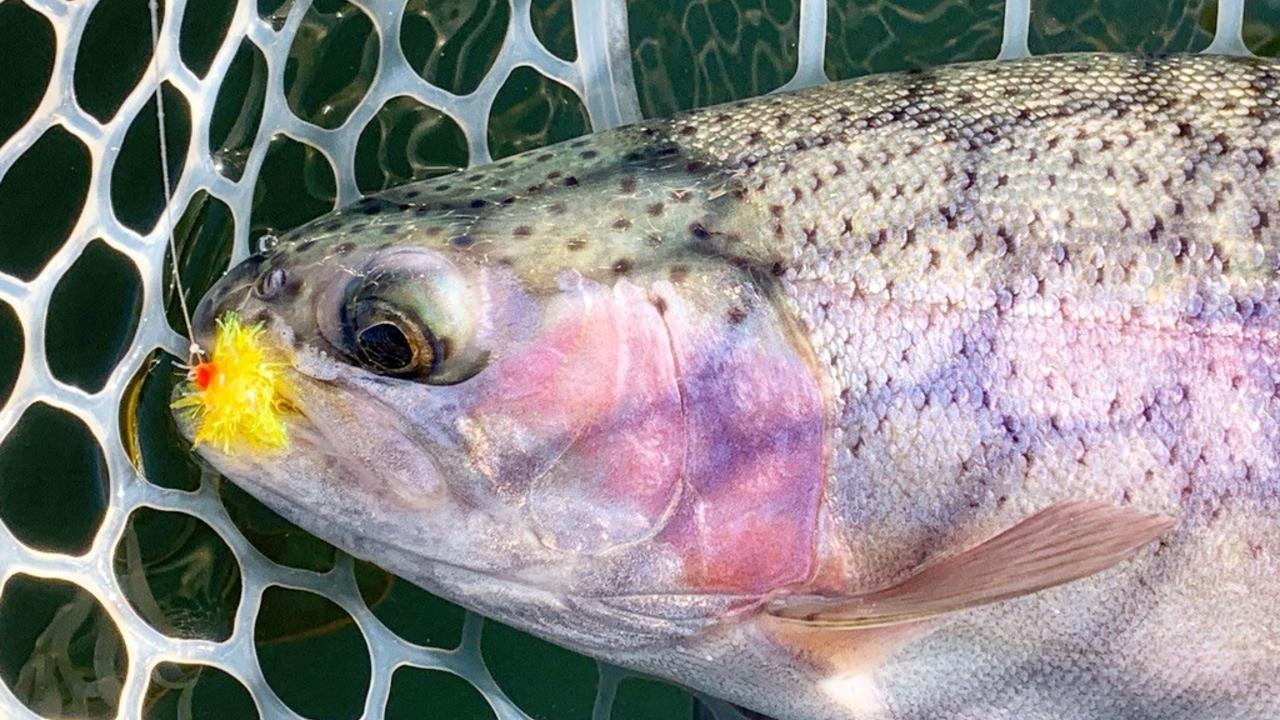
The power of attraction.
There are days when fish are simply tight-lipped, lock jawed, or conditions are far less than ideal. Maybe there is no sign of a hatch to be found, and fish need to be coaxed into eating.
Whatever the case, attractor fly patterns definitely have a time and place when it comes to moving fish that might not otherwise be interested. Todays instalment of 21 Days of Fly Fishing Education covers precisely what makes attractor patterns so effective under a multitude of challenging scenarios.
Fishing Imitative Fly Patterns
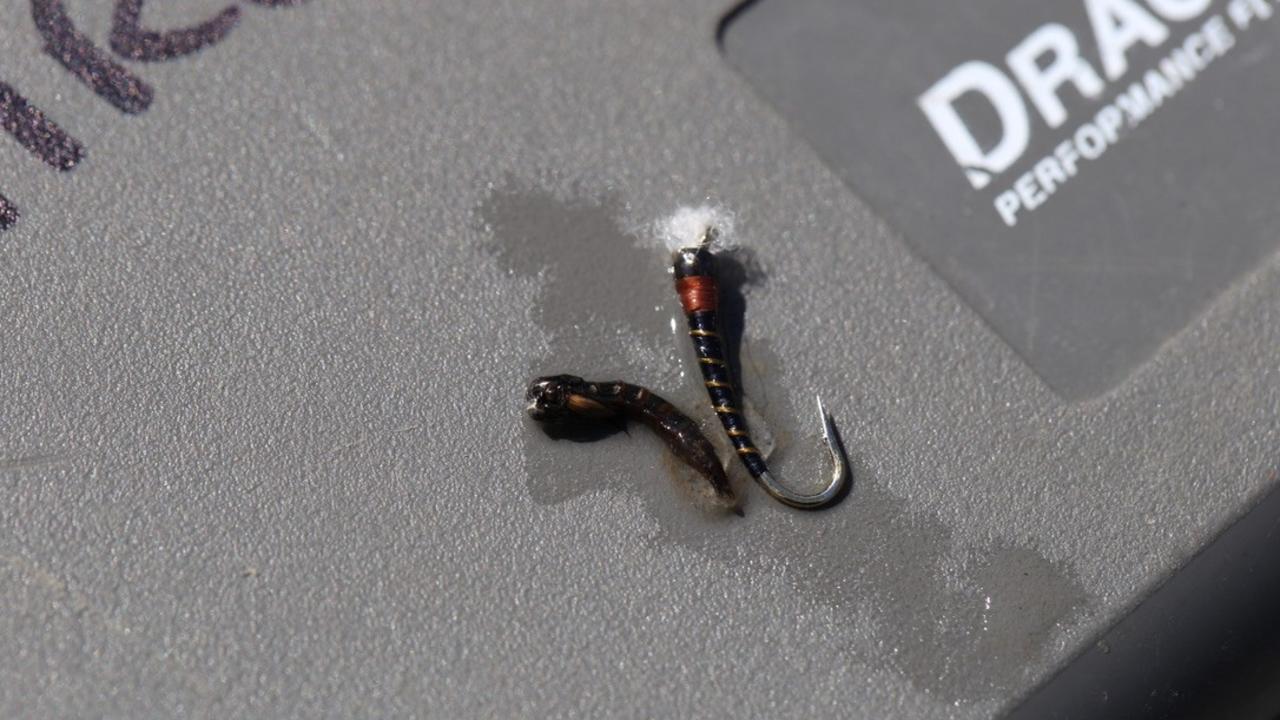
Playing the imitation game.
Fly fishing has come a very long ways, as has fly design, and our ability to imitate natural food sources is better today than it has ever been.
Natural materials play a major role in catching fish that are keyed in to a specific food source, fish that are being pressured heavily, or simply a situation that calls for imitating what is hatching at any given moment.
 Enjoy today's episode (below) here or on Apple Podcast, Sticher, Google Podcasts, or your favourite streaming service. Tomorrow we are talking all things attractor fly patterns.
Enjoy today's episode (below) here or on Apple Podcast, Sticher, Google Podcasts, or your favourite streaming service. Tomorrow we are talking all things attractor fly patterns.
Water Temperature in Trout Fishing
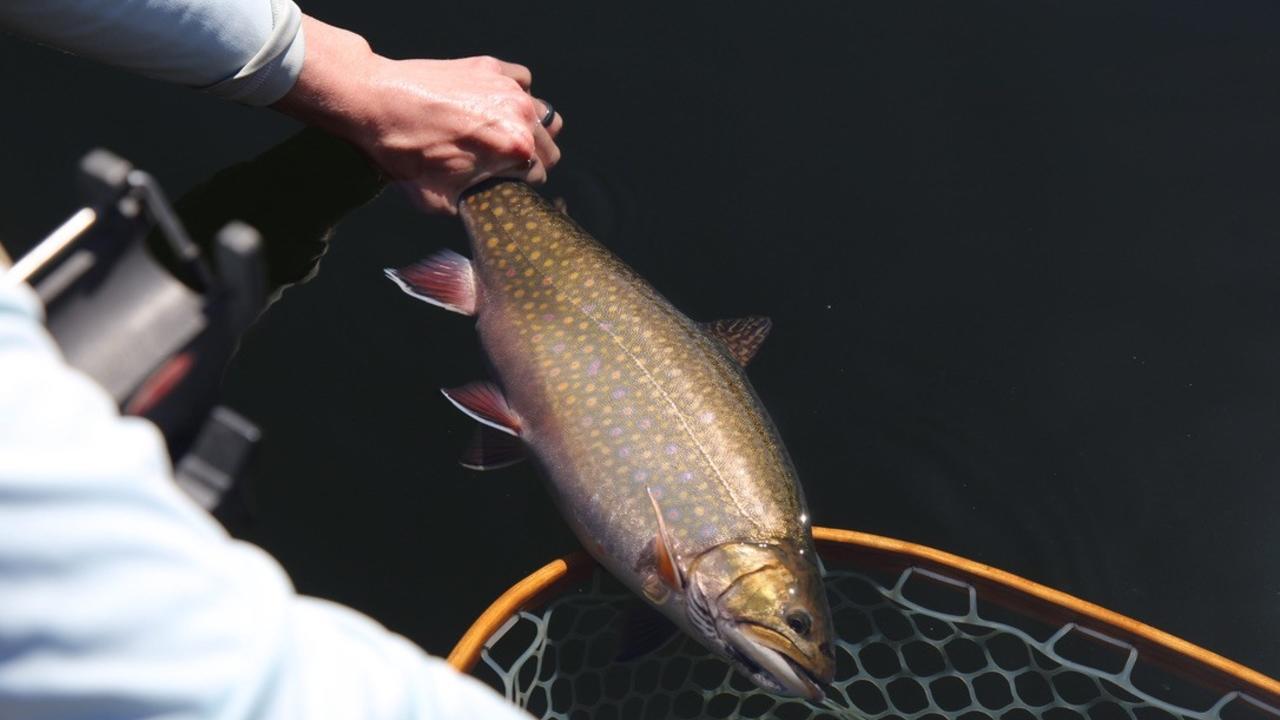
We know water temperature is important, but to what degree?
That wasn't supposed to be a pun, but as it was typed out it seemed far too fitting not to keep it.
First off, today marks day 7 of 21 Days of Fly Fishing Education, and it has honestly been a fantastic experience. A personal thank you to everybody who has written in, from all across North America and even Europe and Australia!

Today we talk about water temperature... how does varying water temperature affect the manner in which we can approach trout in both still and moving water? Also, how can we ensure we keep the well-being of the fish a priority?
3 Tips for Fishing the Swung Fly Technique
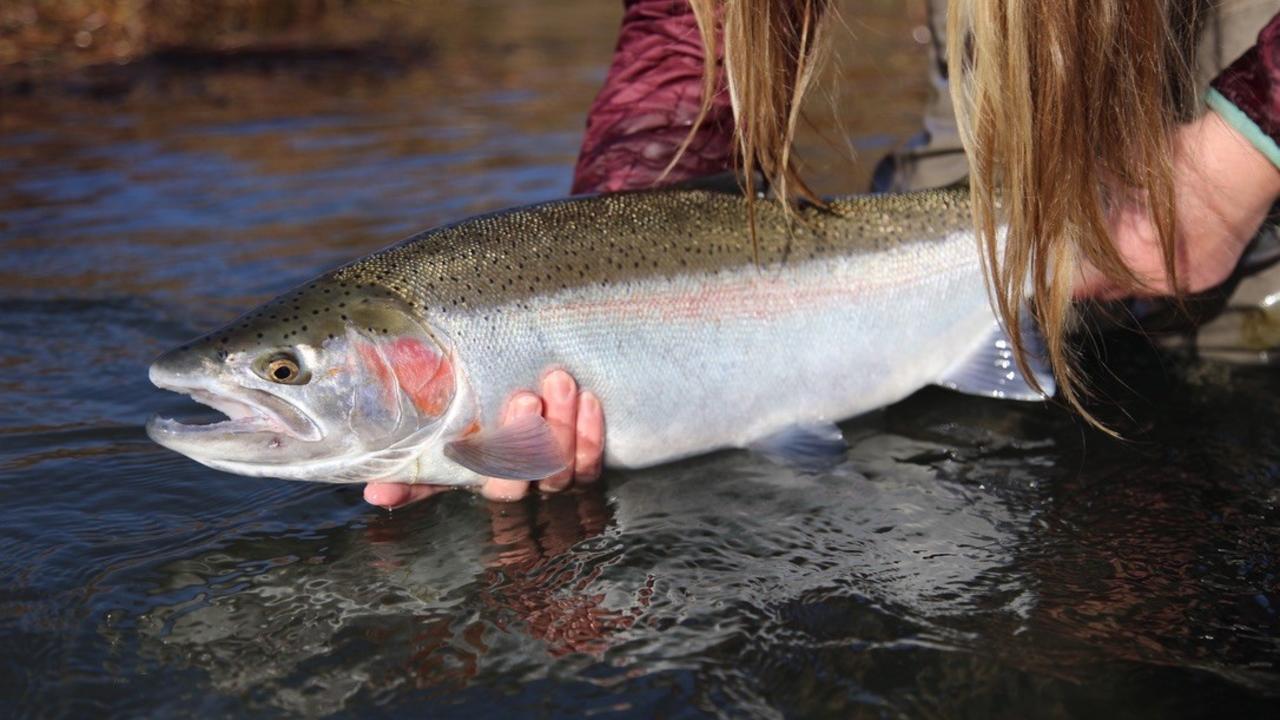
Name something even more fun than feeling a fish grab your fly on a tight line.
That was a trick question, because there simply is nothing that rivals an aggressive pull on a down-and-across presentation. This episode marks #6 on 21 Days of Fly Fishing Education, and shares three quick tips on fishing the swung fly technique.

Popular among salmon, steelhead and trout anglers around the world, fishing the swung fly has long been the favoured method for fly anglers chasing anadromous fish. We cover the importance of fishing the right sinktip, stepping through your swing, and fishing the fly all the way to the bitter end.
5 Chironomid Fishing Tips & Tactics
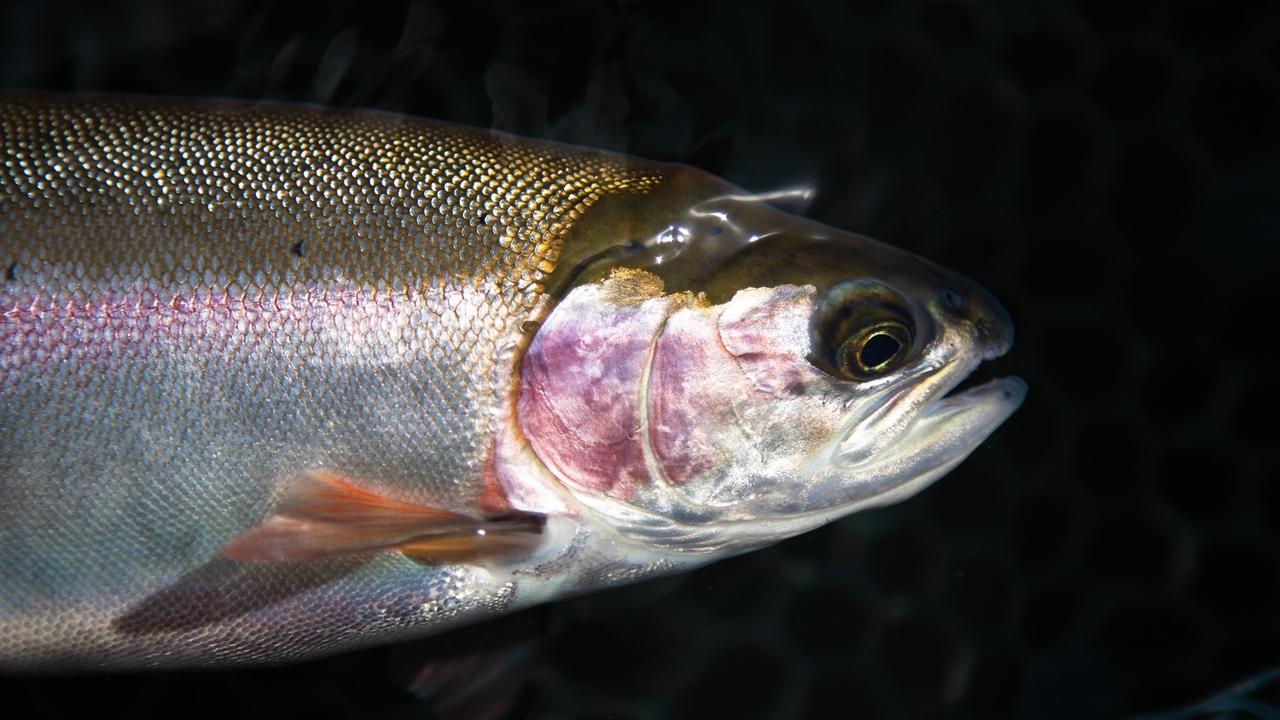
5 key reminders for routine chironomid fishing success.
The idea that 90% of the fish get caught by 10% of the anglers rings especially true in the game of stillwater fly fishing. Today marks day 5 of 21 Days of Fly Fishing Education, and the third and final instalment of this micro-series of chironomid fishing on stillwaters.

The first episode covered equipment for chironomid fishing, yesterday's episode covered the bugs themselves, and today I'm thrilled to be able to share five key actionable tips and tactics for real time on-the-water scenarios.
This episode covers finding the right depth, the vitality of starting from the bottom, a tidbit on fishing a naked floating line presentation, the art of "dangling", and more...
Understanding Chironomid Life Cycles
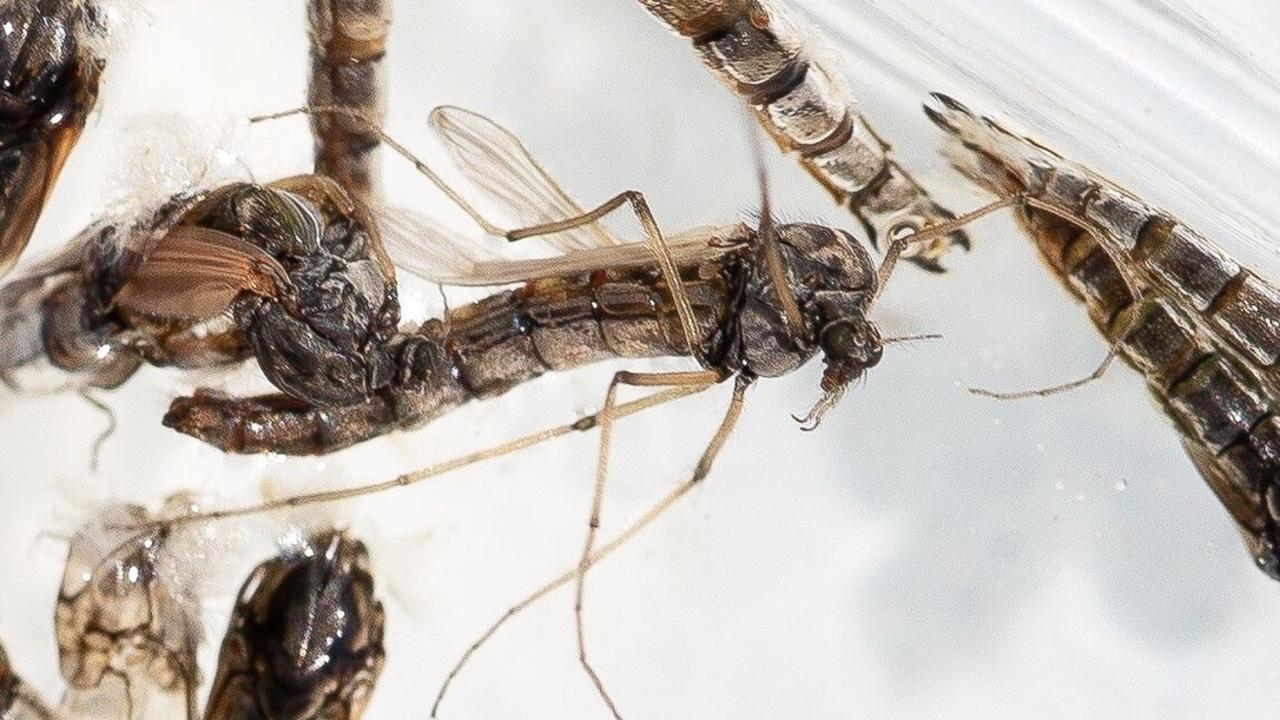
We know chironomids are important, but what exactly are they?
Chironomids make up a staggering percentage of a rainbow trout's diet throughout the open water season, but it is vital to understand what their life cycle looks like and how we can use this information to catch more fish.
Chironomids undergo a complete metamorphosis, meaning their life cycle begins in the egg stage, progressing into the larval, pupal, and eventually the adult stage. Chironomids are incredibly susceptible in the larval and pupal stage, with the latter being the most popular stage in which they get devoured by hungry rainbow trout.

Enjoy this episode, and tomorrow we will cover five actionable tips and tactics to close out this micro-series about chironomids within the 21 Days of Fly Fishing Education campaign.
Equipment for Chironomid Fishing in Stillwaters
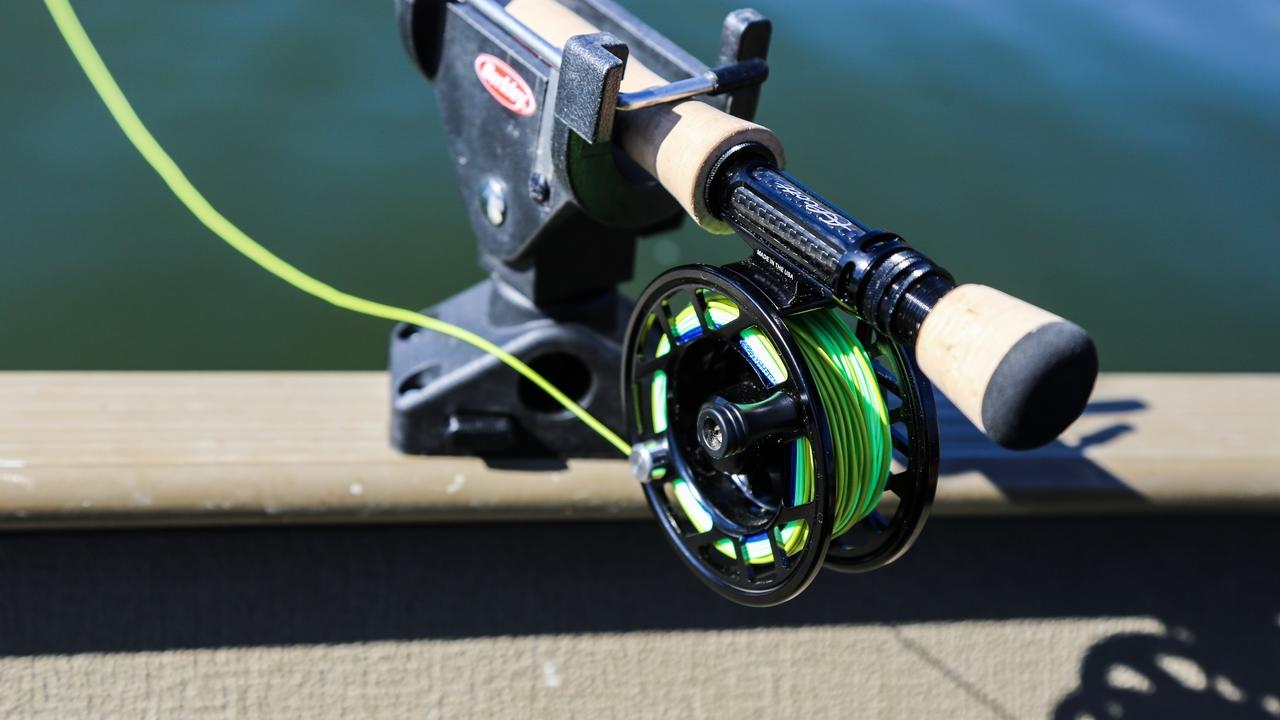
Dialling in your equipment for chironomid fishing on stillwaters.
Welcome to day 3 of 21 Days of Fly Fishing Education on the Fly Fish University podcast!
When I surveyed 800+ anglers from all across North America (and even Europe!), one topic that repeated itself over and over again was that of chironomid fishing in stillwaters.

I was okay with this, as I've dedicated the past decade to improving my skillset and learning as much as humanly possible on the topic of chironomid fishing. There is something about sending down a fly the size of your pinky fingernail, feeling the line come tight, and watching a gargantuan rainbow clear the water directly in front of you.
Rather than trying to squeeze the basics of this topic into one episode, I decided to stretch it out over three days. Today is all about equipment, an absolutely crucial area to understand on the topic of successful chironomid fishing.
3 Fly Selection Tips to Remove Guesswork & Catch More Fish
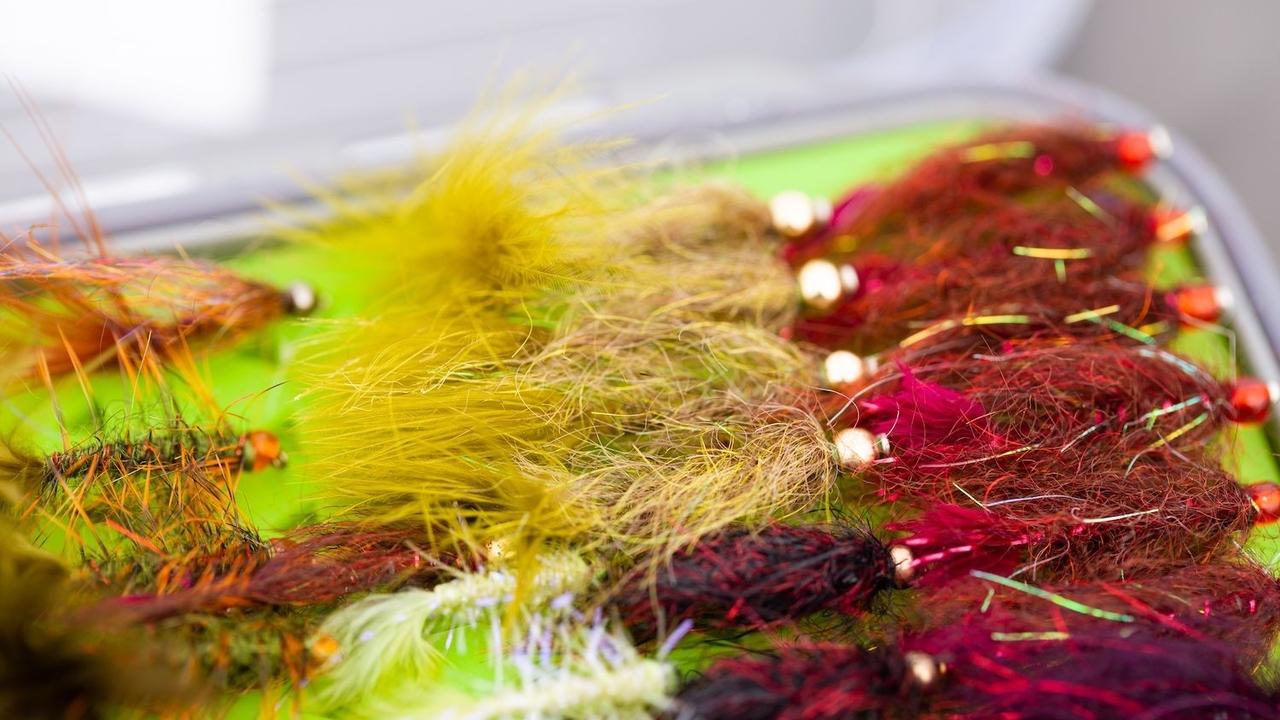
Removing the guesswork from fly selection.
Welcome to day 2 of 21 Days of Fly Fishing Education, today is all about fly selection!
Honestly, I used to open my fly box and think "I might as well have a blindfold on right now". I had no idea what to look for, I had absolutely no confidence in my abilities to choose flies that actually worked.
This all changed when I started understanding not just what I was tying on, but why I was tying it on.

Being able to make an educated selection from your fly box goes far beyond reaching in and grabbing the first fly that instills confidence in you. Though confidence is an absolutely vital ingredient in the fly selection process, we must go further. We must have a systematic approach and incorporate a list of factors that could influence what finds its way onto the end of your tippet next.
This episode discusses the effect that water clarity has on your fly selection, understanding the behavioural tendencies of the species you're targeting...




